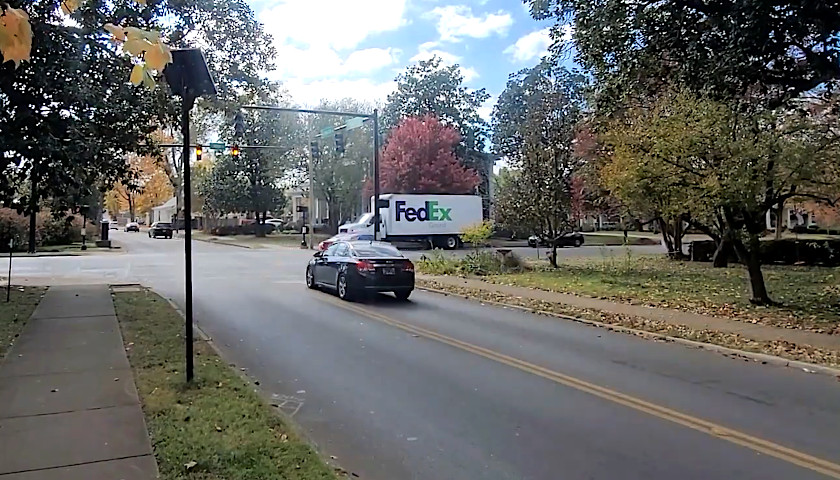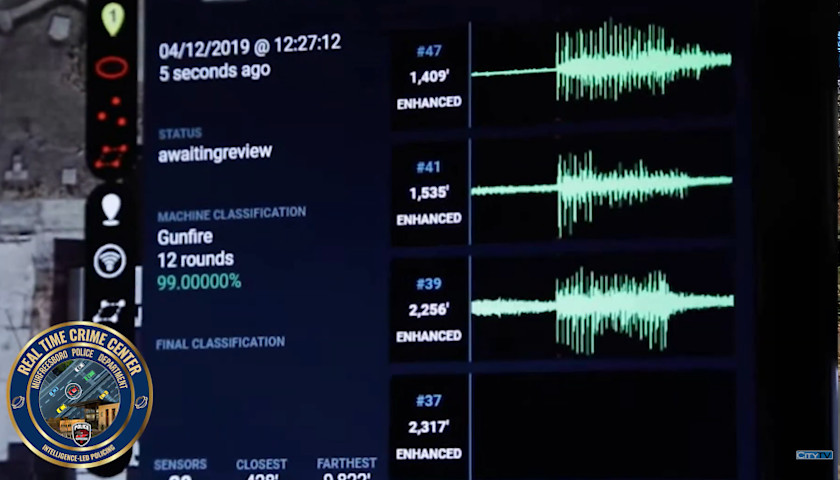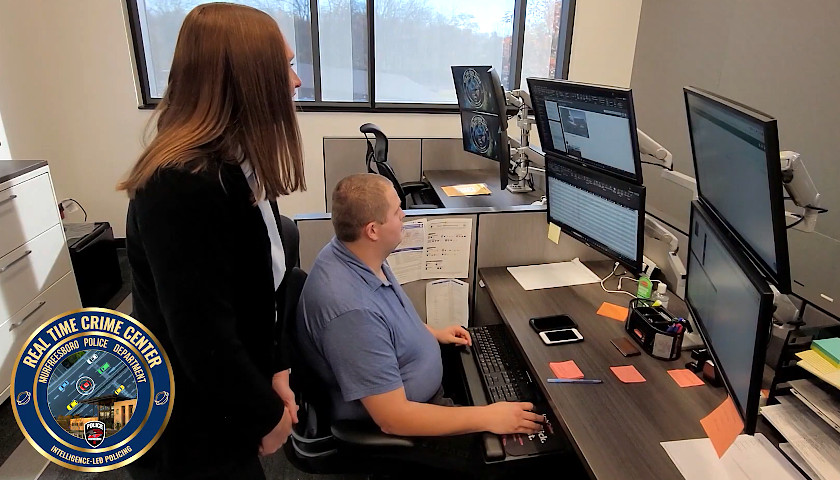The Murfreesboro Police Department (MPD) released new details about its Real Time Crime Center (RTCC) on Tuesday, revealing the new system will rely on Automatic License Plate Readers (ALPRs), Public Safety Camera systems, and potentially “gunshot detection technology” to more quickly locate and respond to crime.
The agency revealed on its website that MPD “is taking the final steps” toward completing its RTCC, with ALPRs already “installed in various locations” selected “based on historical crime trends and traffic patterns” throughout the city, and cameras coming soon to areas hit with violent crime or another “specific need” identified by police.
MPD claims its ALPRs are capable of capturing “an image of a vehicle and the vehicle’s license plate,” transforming “the plate into alphanumeric characters,” then cross reference the information against “one or more databases to identify vehicles of interest in law enforcement.” Police note the data must be purged after 90 days, according to state law.
In addition to scanning for possible vehicles of interest, MPD explains ALPRs could be used to “canvas license plates around any crime scene to assist in the identification of suspects, victims, and potential witnesses,” but claimed the devices “are not utilized for general traffic enforcement or vehicle repossessions.”

The department is also seeking permission from city leaders to use “gunshot detection technology that utilizes acoustic sensors to detect and locate gunshots in real time.”
Crime Data Analyst Supervisor Ashley Smith told NewsChannel 5 the system could help identify stolen vehicles, and explained that police will have to “fill out a specific form” that will have to be “approved by a supervisor” before they can review the information gathered by the RTCC.

The Metro Nashville City Council approved a plan to install license plate readers (LPRs) in August, though the resolution passed without the support of Mayor Freddie O’Connell. It passed with amendments stating that any contracts between Nashville and outside companies will be terminated in the event of a data breach and requiring police to consult with community advisory groups before placing the technology.
Prior to the vote, O’Connell warned, “I think the thing you got to be careful about is any data that can be persisted can be hacked. You don’t want victims, people with medical and health issues, tracked with their movements around the city.”
ALPRs have been compared to controversial red light cameras, which were restricted by a 2016 law. As of 2022, there were red light cameras in more than a dozen Tennessee towns or cities, according to ABC 24.
In 2017, a number of Tennessee motorists and lawmakers warned that traffic laws or equipment were being modified to increase revenue generated by the cameras. One Knoxville resident claimed turning right on red was clandestinely banned at the same time a camera was installed, and that the duration of a yellow traffic light was shortened in a bid to catch more motorists failing to stop at a red light.
– – –
Tom Pappert is the lead reporter for The Tennessee Star, and also reports for The Georgia Star News, The Virginia Star, and the Arizona Sun Times. Follow Tom on X/Twitter. Email tips to [email protected].
Images “Murfreesboro Real Time Crime Center” by City of Murfreesboro.








